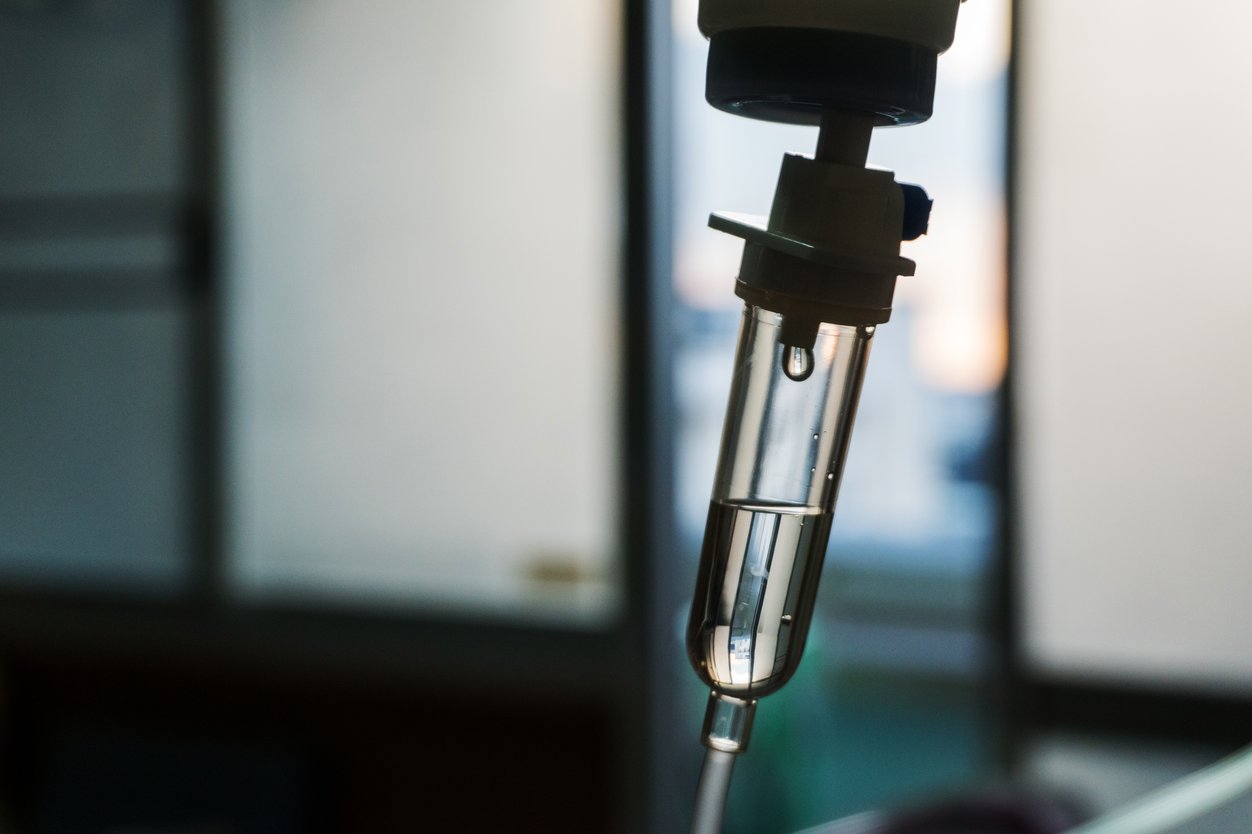Closer Look
Opinion: Why U.S. cancer patients should be rioting in the streets
 Adobe
Adobe
If you have cancer right now, the treatment you need might not be obtainable in the U.S. due to ongoing shortages, medical oncologist Kristen Rice writes in a STAT First Opinion. That means she and her colleagues at Medical Oncology Associates of San Diego have to go through this decision tree for short supplies of platinum-based generic drugs called cisplatin and carboplatin used to treat lung, breast, bladder, ovarian, endometrial, and head and neck cancers:
- Are there any other drugs we can reasonably substitute? (In most cases, the answer is no.)
- Can we delay or reduce the dose without negatively impacting their outcome?
"These are not questions any oncologist in the most highly resourced country in the world should be forced to ask," she says, calling on the private sector and policymakers to pursue ideas to fix permanently what is not a new problem. "I honestly don't understand why patients are not rioting in the streets about this." Read more.
insurance
Perspective: Medicaid should pay for obesity treatments
How we understand obesity is shifting from a calories in-calories out formula that often places blame on patients without considering factors like the food environment, other social determinants of health, or access to effective obesity treatments. Writing in NEJM, Hannah Stoops and Mohammad Dar of the University of Massachusetts Chan Medical School call for insurance coverage of these treatments to shift too, particularly in Medicaid, whose members have higher rates of obesity.
Only six state Medicaid agencies provide coverage for all components of obesity treatment, including behavioral and nutritional counseling and medications, they point out, and some Medicaid programs pay only for bariatric surgery. Coverage of anti-obesity medications remains optional and sporadic. "We believe expansion of coverage for such approaches could help reduce disparities in obesity rates and contribute to efforts to address health inequities," they write, noting Medicaid would need to negotiate costs of newer medications, such as GLP-1 drugs.
health
What parents do when they hear 'I have a tummy ache'
Every parent knows every child at some point will tell them their stomach hurts. A new poll reports 1 in 6 parents say it happens at least once a month, but that doesn't mean they call a doctor about it. About 1 in 3 parents of kids 3 to 10 years old said they felt confident they could tell when it might be serious, according to the University of Michigan Health C.S. Mott Children's Hospital National Poll on Children's Health. But 2 in 5 didn't discuss it with a doctor.
Parents weren't indifferent to severe pain: They'd contact their child's doctor or seek emergency care if their child's belly pain includes blood in the stool (84%), if the child felt a "sharp" pain like a knife (65%), if the pain lasts for more the six hours (64%), or if the belly is swollen (63%) or hard (49%).
This week's episode of the Color Code podcast examines how "food apartheid" starves minority neighborhoods on Long Island. Listen here.


No comments